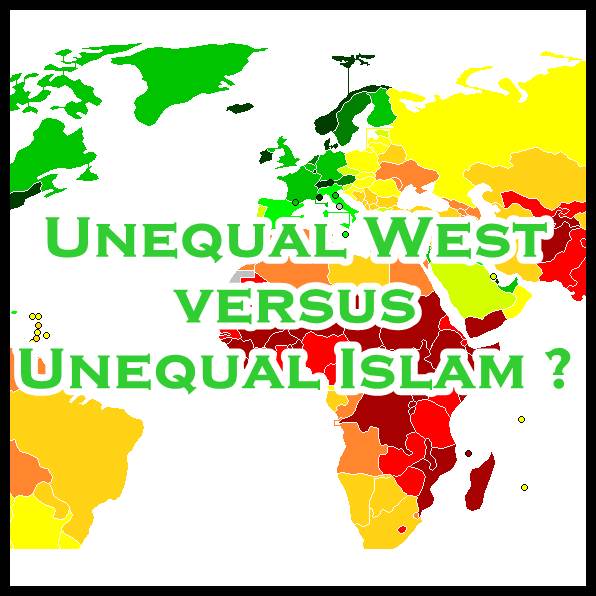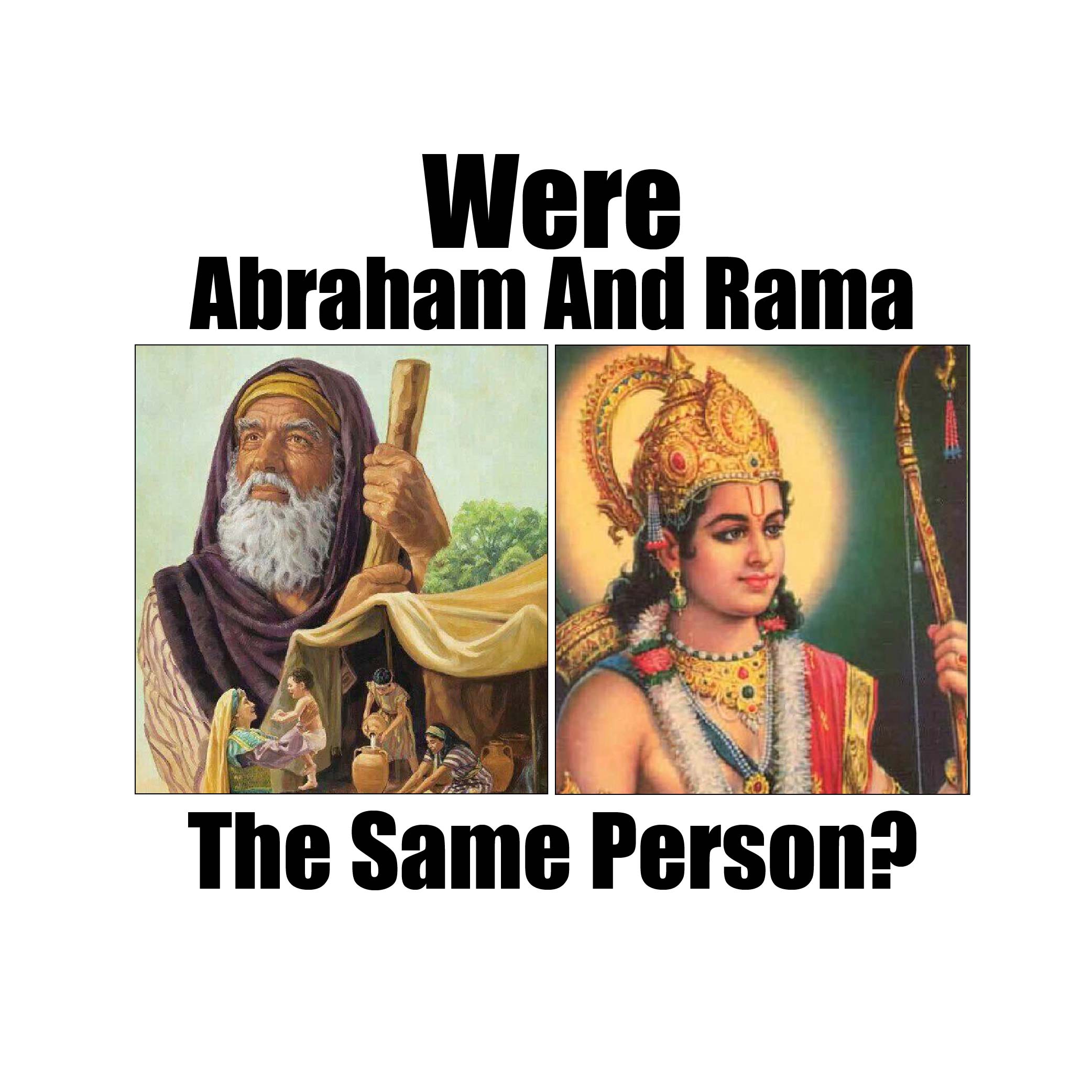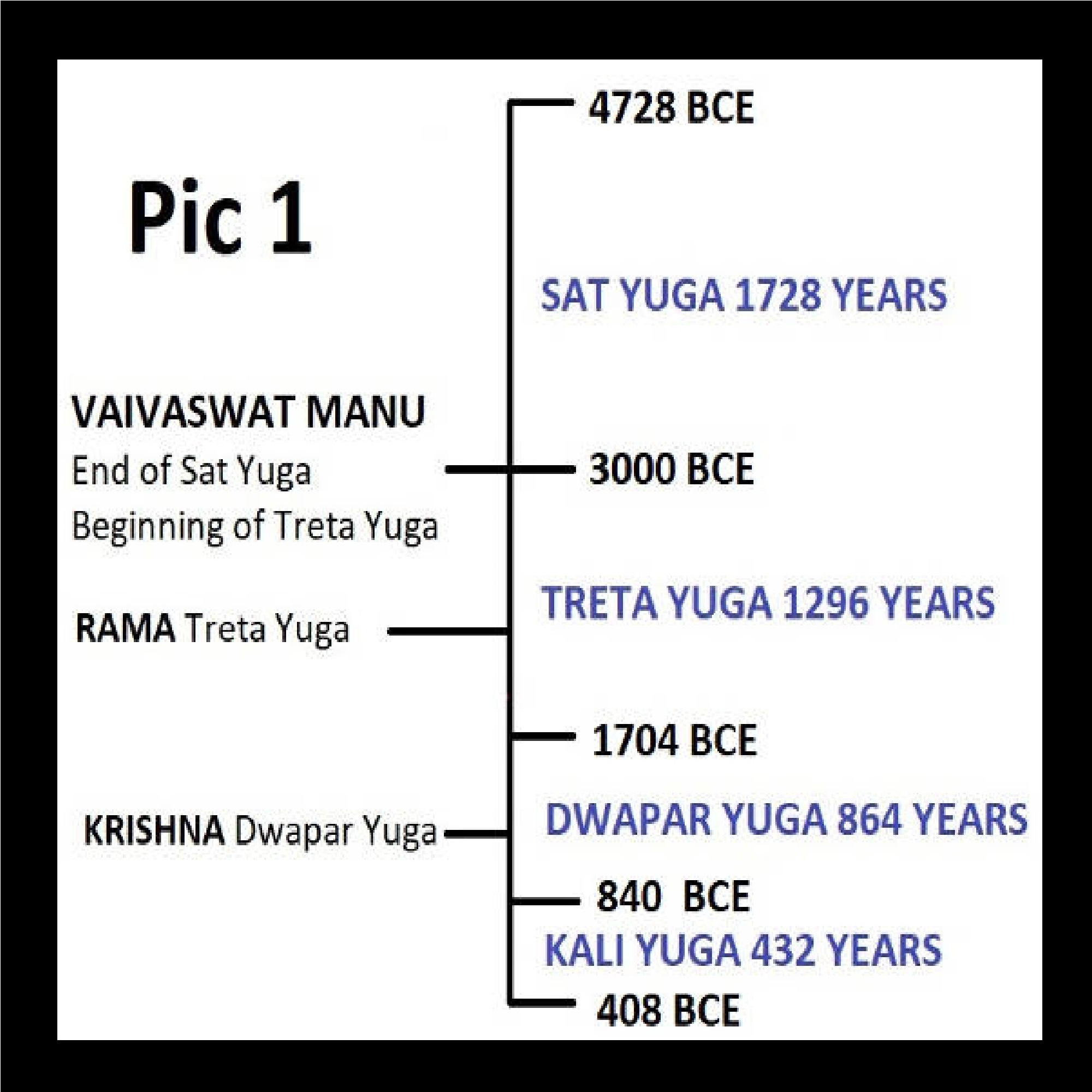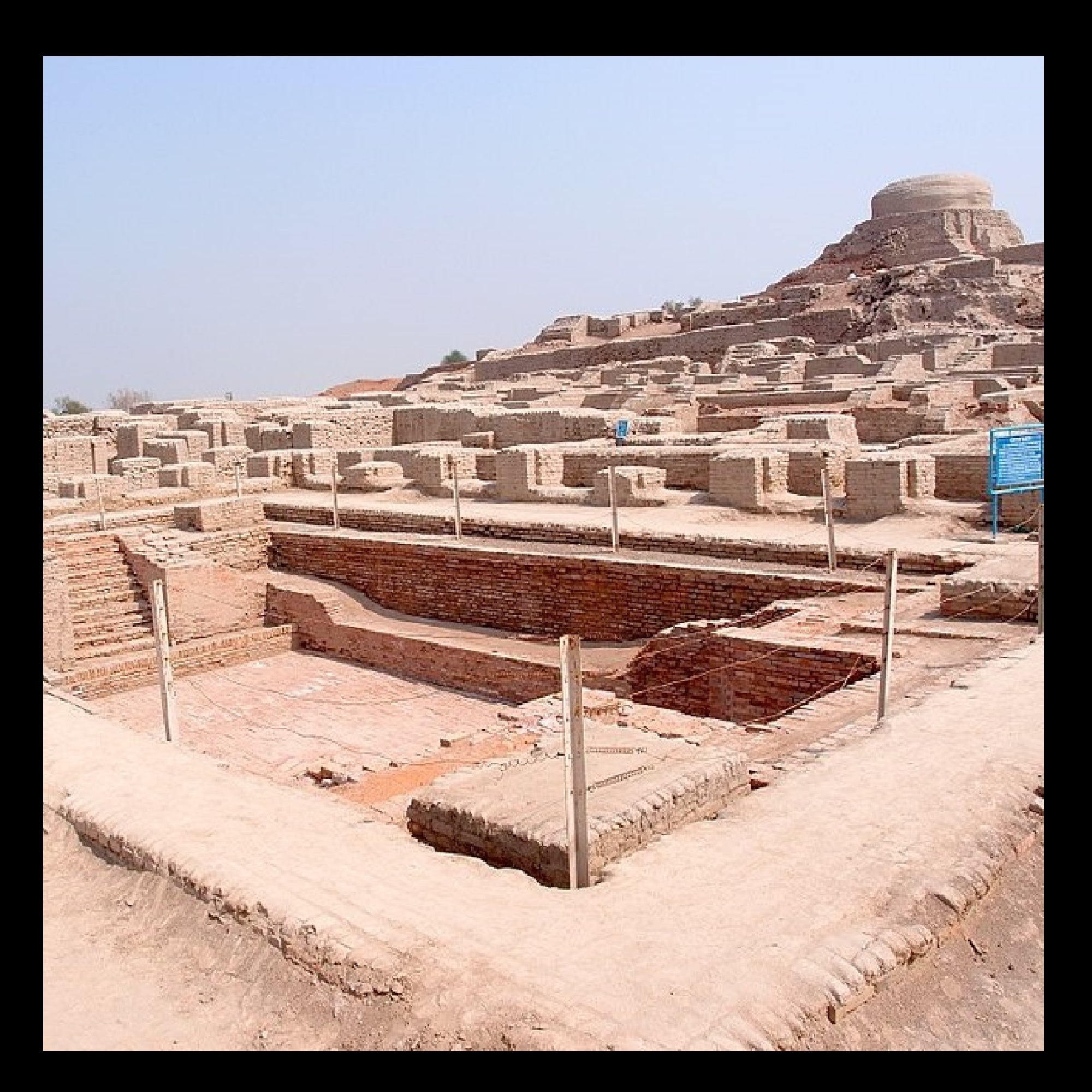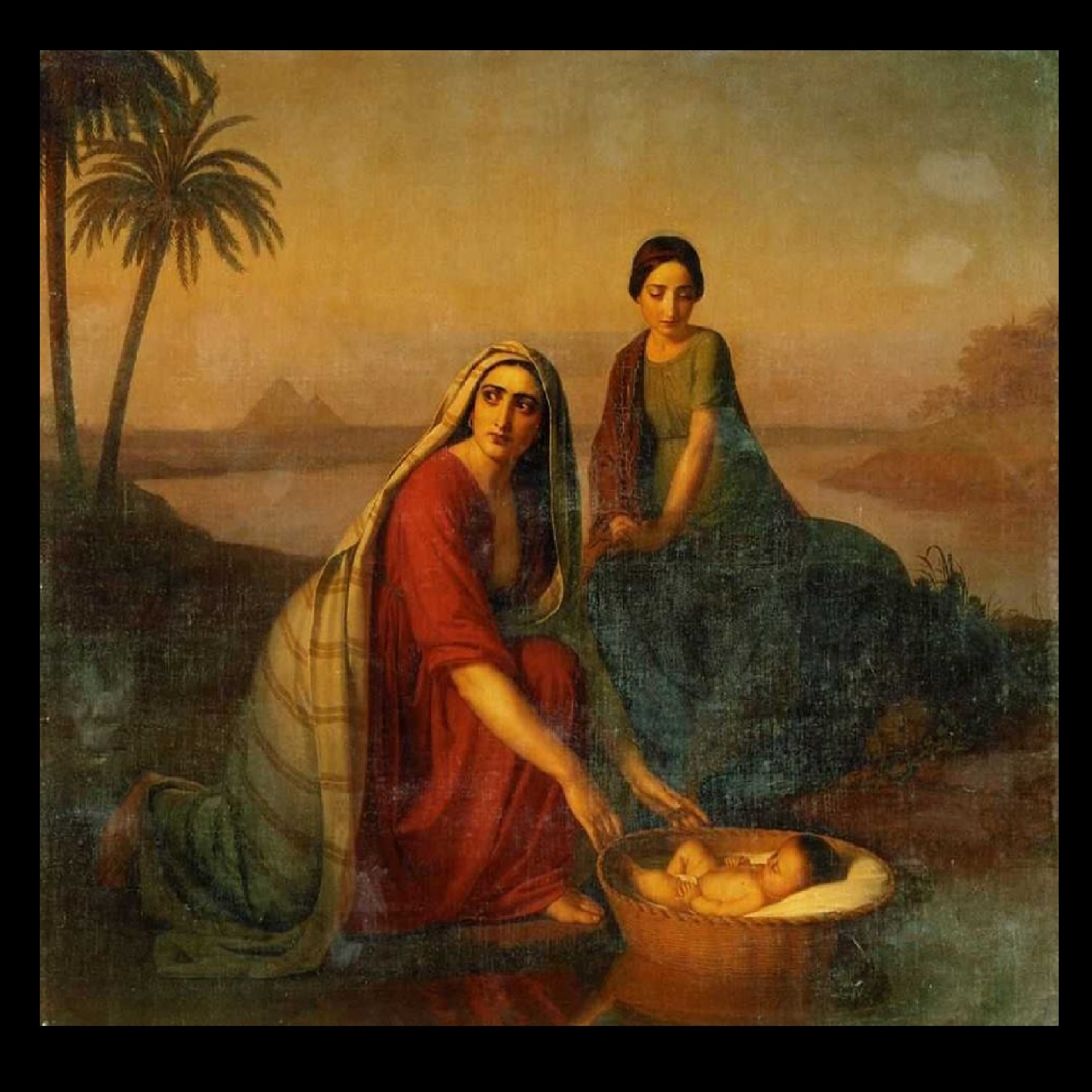Are the Jews’ Exclusivity Responsible for Hate?
The Jews have done a great service to Humanity by bringing the message of One God as given by Prophet Abraham to the whole humankind. Yet it is so strange that Jews are perhaps the most persecuted of all peoples on this earth.
 Was Holocaust a result of claim of exclusivity by the Jews?
Was Holocaust a result of claim of exclusivity by the Jews?
Beginning with the burning of temple of Solomon in the Six Century BCE, the history persecution and exiling of Jews continues right through the 2000 years to the Holocaust in the 20th century. The question is why should Jews be so hated by so many people throughout this long history? In order to understand this question, we would like to go back to the Bible and see whether God actually established and exclusive relationship with them; and whether God gave the Jews the exclusive right to the land of Israel.
What is the meaning of Genesis 15 18?
Genesis 15:18 says “the LORD made a covenant with Abram, saying, unto thy seed I give this land, from the river of Egypt unto the great river, the river Euphrates.” The word for “seed” in this verse is Hebrew Zera which is mostly used as biological descendants. So, in the normal sense we may consider that the Lord has given the land between two rivers to the biological descendants of Abram.

Abram was named Abraham and became father of multitude of Nations?
Then, in Genesis 17:5 Gods says to Abram “No longer shall your name be called Abram, but your name shall be Abraham, for I have made you the father of a multitude of nations.” The word Zera, which was used for the biological descendants in 15:18, is not present in this verse. Here God has enlarged the writ of Abram. Previously he was the head of his descendants. Now God has enlarged his writ and made him a father of multitude of nations. I believe that God made Abraham the father of all those who believed in the message of One God.
Then, in Genesis 17:8 God says “I will give to you and to your offspring after you the land of your sojourning’s, all the land of Canaan, for an everlasting possession, and I will be their God.”
So, the question is which is more important? In Genesis 17:5 God has made Abraham the father of multitude of nations and in Genesis 17:8 God says I will give this land to your Zera, that is normally used for offspring.

Land of Israel was bequeathed to “Zera” which also means moral descendants.
The word Zera, according to Strong’s Concordance means seed, sowing, semen, offspring which all mean biological descendants; it also means a person of moral quality, and a practitioner or righteousness.
If we consider Genesis 17:8 to refer to the biological offspring then it seems to be negation of Genesis 17:5 because Abraham is no longer leading the multitude of nations but only his biological offspring.

Isaiah 6:13 tells of the land of Israel being bequeathed to moral descendants of Abraham
We find support for Zera being used for moral descendants in Isaiah 6.13. Isaiah tells of the Jews being burnt, one-tenth being left, those one-tenth again being burnt, and still a new generation of Jews emerging like a shoot comes out a stump which has been burnt. The word use here is again Zera. Since a burnt stump does not sprout, therefore, the emergence of a new generation of Jews, can only be spiritual. Many Biblical commentaries indicate in this direction. Matthew Henry’s Concise Commentary says, “the holy seed will shoot forth, from whom all the numerous branches of righteousness shall arise.” Gill’s Exposition of the Entire Bible says, “Some, by the “holy seed” understand the Messiah” who was not known as a biological descendant of Abraham. The Cambridge Bible for Schools and Colleges says, “Isaiah speaks of an extermination of the actually existing people.” Therefore, in our understanding, the word Zera can be used as a moral descendant in Genesis 17:8.
Now we consider some other verses that are relevant to this discussion. In Genesis 17.9 God said to Abraham, “As for you, you shall keep my covenant, you and your offspring after you throughout their generations.” Here there is a covenant between Abraham and God regarding the practices to be followed. There is no exclusive relationship or bequeathal of land. In Genesis 22.17 God says “I will surely bless you, and I will surely multiply your offspring as the stars of heaven and as the sand that is on the seashore. And your offspring shall possess the gate of his enemies.” Here God is saying that He will multiply his offspring irrespective whether we consider the offspring to be moral or biological. Once again, there is no exclusive relationship or bequeathal of a land.

The dream of Jacob in Genesis 28.12 may not be Word of God.
What does Gen 32 30 mean?
Another verse of the Bible however seems to stands against our interpretation. In Genesis 28.12 it is said that Jacob had a dream in which God said to him “I will give you and your descendants the ground you are lying on your descendants will be like the dust of the earth and you will spread out the West, East, North and South.” This verse seems to indicate that a bequeathal of land was made to the biological descendants of Jacob. However, in this case God gave this land in the dream. The Bible is an inspired text. The Biblical inspiration only says that Jacob had such a dream. The inspired text does not say anything about whether the content of the dream was correct or not? Sigmund Freud has established that we often project our subconscious thoughts in dreams. Therefore, it is possible that Jacob may had dreamt of this bequeathal in term of his own projection rather than the content of the dream being a word of God.
In Genesis 35.12, Jacob is travelling to Beersheba to the land of Canaan. At this time, as in the dream of 28:12, God says to him the land I gave to Abraham and Isaac I will give to you to your descendants. Again, the word Zera is used. However, here it is a word of God rather than a dream.
The central question is whether we should consider the word Zera to denote biological- or moral descendants that in Genesis 17.8 and 35.12? Both interpretations are possible. However, considering Zera as biological descendants reduces the stature of Abraham from father of multitude of nations to the father of his biological descendants.
In Exodus 23.31, God says to Moses at Mount Sinai “I will set your border from the Red Sea to the Sea of the Philistines, and from the wilderness to the Euphrates, for I will give the inhabitants of the land into your hand, and you shall drive them out before you.” Here God is not bequeathing the Jews any right to the land. God is only saying that since you are planning is to conquer the land of Canaan, I will be with you. This verse gives not heavenly right to the land.

The return of Jews to Israel in Ezekiel 37:21 does not bequeath the land to the Jews.
In Ezekiel 37.21, the context is that of the 6th Century BCE. The Jews had been exiled from Jerusalem and Solomon’s Temple had been burnt. Then God says “Behold, I will take the people of Israel from the nations among which they have gone, and will gather them from all around, and bring them to their own land.” This verse is only saying that they will be brought back to Jerusalem. This does not imply that they have got a divine right to the land. It only means that they are allowed to renter the land they were earlier—whether their original entry was due to a divine gift or due to conquest.
In summary, it is clear that the Jews have been persecuted in the last 2500 years at least. It is time for us to look back and understand why is it that Jews have been so persecuted. One possibility is that their sense of exclusive relationship with God and the sense of divine right to possess the land of Canaan breeds the sense of inner arrogance which then brings about a reaction from the non-Jewish people among the whom the Jews were living.


